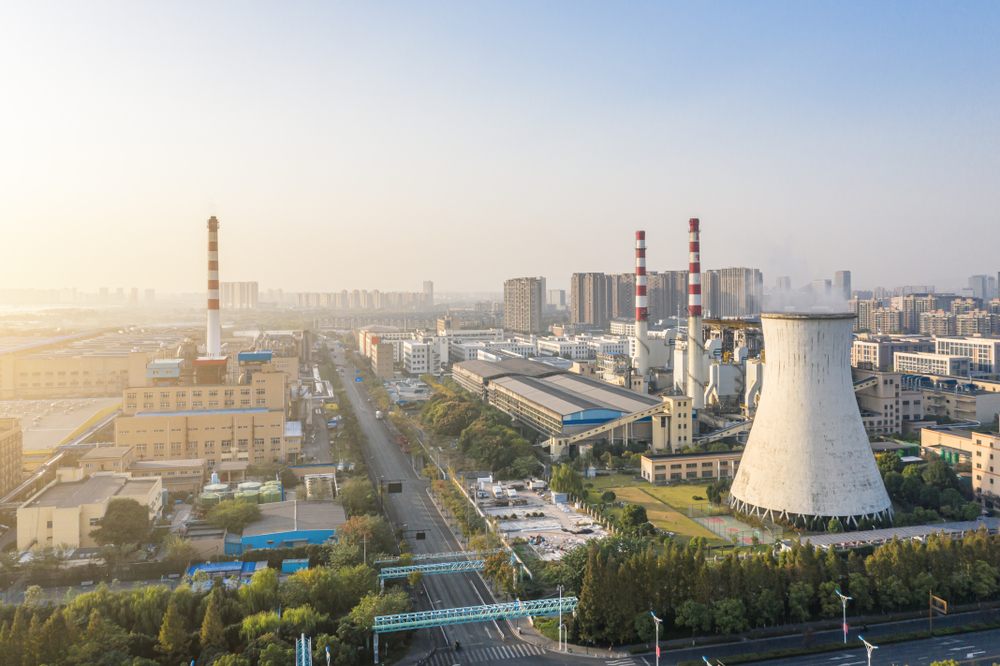Beijing accelerates nuclear program to meet clean energy goals and challenge U.S. global leadership
Others are reading now
China has greenlit the construction of 10 new nuclear reactors, reinforcing its commitment to nuclear power as a pillar of its energy transition strategy.
The announcement, made Sunday by the State Council of China, underscores Beijing’s determination to become the world’s largest producer of nuclear energy by the end of the decade.
According to Digi24, the projects are expected to cost around 200 billion yuan ($27 billion) and will bring China’s total projected nuclear energy capacity to 200 gigawatts by 2040—about 10% of the country’s total electricity production.
A Steady Nuclear Surge
China has now approved the construction of at least 10 nuclear reactors annually for four consecutive years.
Also read
With 30 reactors currently under construction—nearly half of all reactors being built worldwide—China is on track to surpass the United States as the top nuclear energy producer.
The latest projects are being distributed among key players in the Chinese nuclear sector, including China General Nuclear Power Corp., China National Nuclear Corp., State Power Investment Corp., and China Huaneng Group.
Cost Discipline and Global Strategy
Unlike Western projects plagued by cost overruns and delays, such as the Hinkley Point C project in the U.K., China’s centralized state support and streamlined financing help maintain efficiency.
Interest rate subsidies and continuous reactor construction pipelines allow developers to keep expenses lower and construction teams highly experienced.
The strategic expansion of nuclear power reflects China’s broader push to ensure energy security, meet climate goals, and assert global leadership in clean energy technologies.
As China rapidly scales up its nuclear infrastructure, it sets itself apart from slower-moving Western counterparts grappling with regulatory and financial hurdles.

